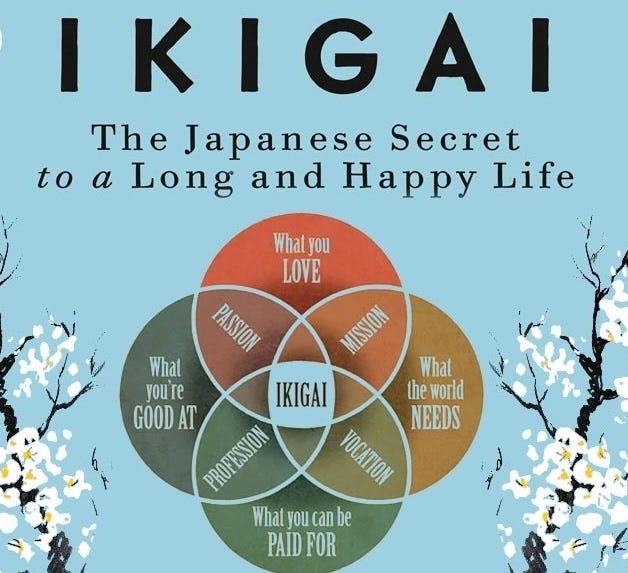🚀 Busy vs Meaningful Life: Why Hustle Alone Isn’t Enough 💡
🚀 Busy vs Meaningful Life: Why Hustle Alone Isn’t Enough 💡
“Beware the barrenness of a busy life.” — Socrates
In a world that glorifies hustle culture and praises packed schedules 📅, many of us wear “busy” as a badge of honor. But here’s the truth: being busy doesn’t always mean being productive — or even happy.

Let’s explore the science and psychology behind busyness vs meaning, and how you can shift your life from merely surviving to truly thriving. 🌱
🔍 The Psychology of Busyness
1. The Mere Urgency Effect 📉
Psychological studies show that humans tend to choose tasks that appear urgent over those that are actually important. This is known as the Mere Urgency Effect — we chase short-term tasks because they offer quick wins or dopamine hits 🧠, but ignore long-term goals that lead to fulfillment.
➡️ Solution: Start using Eisenhower Matrix to prioritize:
- Urgent & Important ✅
- Not Urgent but Important 🧘♂️ (This is where meaning lies!)
- Urgent but Not Important ❌
- Not Urgent & Not Important 💤
2. The Hedonic Treadmill 🏃♀️
Being busy gives a sense of movement, but not always progress. The hedonic treadmill theory says we quickly adapt to accomplishments and return to our baseline happiness. Without a deeper sense of purpose, even success feels empty. 🕳️
➡️ Solution: Align your efforts with core values — family, creativity, service, health, etc. Ask: Why am I doing this?
🧬 The Science of Meaningful Living
1. Logotherapy — Viktor Frankl’s Philosophy 🧠
According to psychiatrist Viktor Frankl, meaning — not pleasure or power — is the primary motivation in life. In his book “Man’s Search for Meaning”, he explains how finding purpose even in suffering helps people survive and thrive.
➡️ Practice: Ask these 3 questions daily:
- What am I contributing to? 🤝
- What brings me alive? 🔥
- What legacy do I want to leave? 🏛️
2. Ikigai: The Japanese Secret to a Long, Happy Life 🇯🇵
Ikigai (生き甲斐) means “reason for being.” It lies at the intersection of:
- What you love ❤️
- What you’re good at 🧩
- What the world needs 🌍
- What you can be paid for 💰
➡️ Exercise: Draw your own Ikigai diagram and list how your day-to-day aligns with it. Most people realize they’re just operating in the “busy” zones.
🎯 How to Shift from Busy to Meaningful (And Stay Consistent!)
1. 🛑 Stop Worshiping “Hustle”
Working 16 hours a day doesn’t equal value. Productivity ≠ purpose. Define what success means to you — not to your boss, not to society, but you. 💬
2. 🧘 Practice “Deep Work”
Cal Newport coined this term for focused, distraction-free work. Busy people multitask; meaningful people monotask. Quality over quantity always wins.
➡️ Tip: Block 2–3 hours of deep work daily. No notifications. No context-switching.
3. 📓 Use “Reflection Routines”
- Weekly journaling ✍️: “What made me feel most alive this week?”
- Monthly review 📆: “Which tasks were meaningful vs just busywork?”
- Yearly vision board 🖼️: “Am I on the path I chose?”
4. 🧠 Habit Science: Make It Stick
🔬 According to James Clear’s Atomic Habits:
- Cue → Craving → Response → Reward
- Tiny changes = massive results over time.
➡️ Build meaningful routines:
- Morning Mindfulness 🌅
- 1 Hour of Creative Work 🎨
- Daily Gratitude Journal 🙏
- Family/Connection Time 🧑🤝🧑
🌟 Final Thought
“Don’t confuse movement with progress.” — Denzel Washington
Being busy is easy. Being meaningful takes intention. But the rewards? A life filled with purpose, peace, and real success. 🕊️
Instead of chasing every task like a hamster in a wheel 🐹, let’s pause and build a life that feels as good on the inside as it looks on the outside.
Comments
Post a Comment